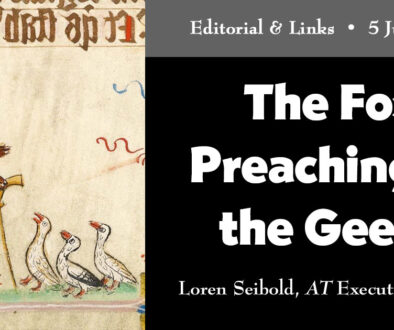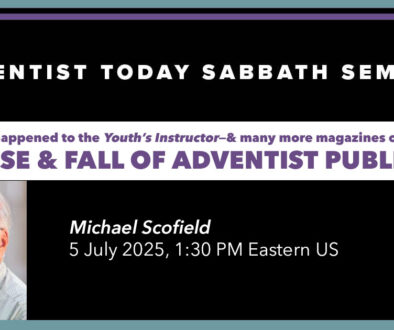Sharing Scripture for September 15 – 21
[symple_heading style=”” title=”To Love Mercy” type=”h1″ font_size=”40″ text_align=”center” margin_top=”0″ margin_bottom=”30″ color=”undefined” icon_left=”” icon_right=””]
This is a tool for you to use if you lead a Sabbath School (SS) class or small group. It is keyed to the Bible texts used in the current week’s Adult SS Lesson and includes a brief story from current news you can use to introduce the discussion and then a series of discussion questions in a relational pattern designed to build fellowship and spiritual reflection.
For use: Sept. 15 – 21
Texts: Matthew 6:25-33; James 1:5-8; 2:15-16; Isaiah 52:7; 1 John 3:16-18; Isaiah 58:1-10
Is less really more?
Last week, Siobhan Kukolic, an author, speaker, and life coach from Toronto, Canada, shared a story she heard from a teacher friend of hers. This teacher was explaining math to a class of six-year-olds, among whom there were newly arrived refugees from other countries. She shares:
“The topic was fractions. My friend defined what a half and a quarter were, and then asked the children to write down whether they would prefer a half or a quarter of a chocolate bar. As she walked around the room, she noticed that some of the new students wrote they would prefer a quarter of the chocolate bar. My friend thought she would have to re-teach the lesson, as they didn’t appear to understand that a half was bigger than a quarter. She asked the students why they would prefer a quarter of the chocolate bar and one little girl replied, ‘So that more people could have a piece of chocolate.’ I cried when I heard that story. It reminded me how beautiful humanity is if we take a moment to notice it.” [1]
This week’s Sabbath school lesson, “To Love Mercy,” is a call for the church to be beautiful. In the words of a little-known ancient prophet, “He has shown you, O man, what is good; and what does the Lord require of you but to do justly, to love mercy, and to walk humbly with your God?” (Micah 6:8).
We forget that this well-known verse, which many have memorized through a simple tune, is not a statement, but a question. Will we be the people God has called us to be? The book of Micah makes it clear just how ugly sin is to God, whether it is religious bigotry, economic selfishness, or social injustice. Sin must be judged and punished.
But, as only God can do, there is a sacred twist in this verse that the world finds challenging to carry out—to “do justly” and “to love mercy.” It’s so easy for us to do one and forget the other. While sinful Israel is condemned for being indifferent to the marginalized, God reaches out a hand of compassion to these hard-hearted people. The Lord demonstrates mercy toward the very ones who fail to represent heaven’s beautiful character of mercy.
As we learn this week about compassion fatigue, generosity, peacemaking, and becoming a voice for the voiceless, let’s strive to be a beautiful church, displaying in our lives the unselfish qualities of God so that more people can have a piece of heaven.
[symple_divider style=”solid” margin_top=”20″ margin_bottom=”10″]
Connecting: Share a time when you observed an unusual act of mercy toward a person.
Sharing: What does it mean to “do justice” and “love mercy”?
- Some people are gifted to do one of these and some are gifted to do the other.
- Doing “justice” is aimed at the guilty and unrepentant. Showing “mercy” is for those who turn to God.
- Everyone deserves justice and everyone receives the opportunity to receive mercy.
- Micah says that we should “do” justice, not just think about justice.
- Micah says to “love” mercy. True compassion can only come from the heart.
- Other…
Applying: How could your class practically “do justice” and “love mercy” this coming week? Is it possible to do both for the same group of people in need in your community?
Valuing: Which do you struggle with more? Doing justice or loving mercy? Pray with another person in your group, asking God to help each of you grow as a beautiful Christian this coming week.
~Curtis Rittenour
[1] https://thriveglobal.com/stories/compassion-empathy-emotional-intelligence-anecdotes-stories/




